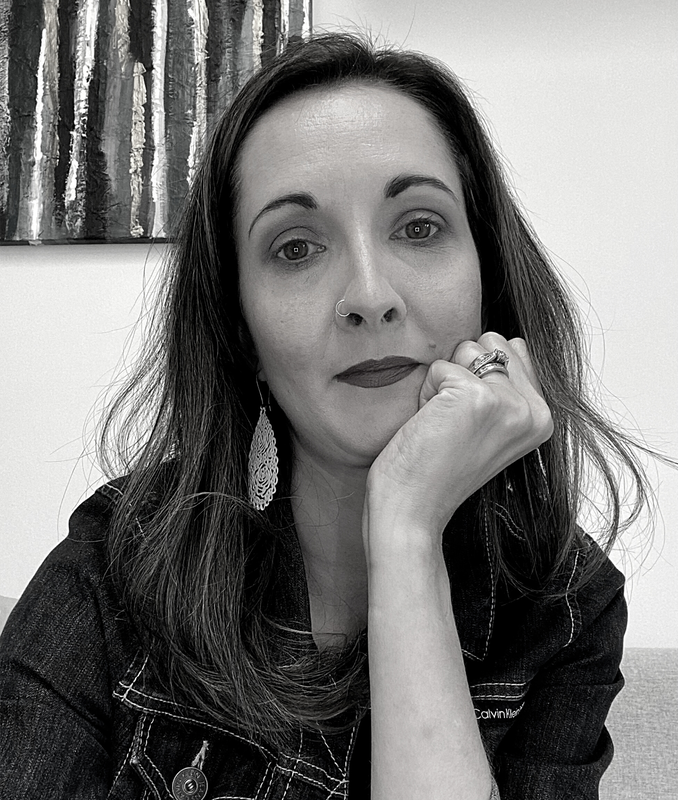 We have come to a place in Canada where the previous less than mainstream idea of Midwifery care has come to a place of greater acceptance and desire and more understanding that Midwifery care should be the mainstream care a pregnant woman receives. But the acceptance and desire of this kind of care has increased much faster than the profession can handle and in some areas faster than the systems that insure and employ Midwives can handle. This is a Canadian problem, some would even say a Canadian crisis. In Saskatchewan, we have what some people would consider significant growth and what others would consider not enough growth, in the very recent years. Legislation came to be in 2008 but we didn’t see Midwives practicing until 2010, I believe. Many of the Midwives that practices pre-legislation could no longer practice due to legislative changes. Midwifery was left in limbo for a few years. Since then we have had 13 midwives in 3 health regions be employed. If you do the math, that is a big increase, but when you start at zero, anything is an increase. If you look at the number of pregnant woman and babies being born, it isn't going down. Here in Regina, we saw two midwives providing care for RQHR in 2011 and in 2012-2014 that increased to 5 positions, with 4 of those positions typically filled at a time. Those three new positions have seen a few changes over the years as we have had Midwives come in and out of those positions. RQHR has recently let clients and the public know that soon Regina will soon to down to only two Midwives. Likely within a month of this blog post, two of the 4 midwives we have will have moved on from Regina. So, what does this mean for midwifery in Regina & care that woman, babies & families receive? In short, it means a lot, but it can also mean very little. Women in Regina have tried everything they could to secure midwifery care. From calling the program as soon as they got a positive pregnancy test, to calling weekly to see if they have changed from a waitlist to a “yes”, and pleading for a home birth - something only midwives can provide on certain limited conditions. The waiting list is already rather large, 30+ women a month, and most women still end up in physician care currently so a plan B is needed. The biggest factor affecting potential midwifery clients is going to be that home birth component - or rather the CHOICE of birth location. Midwives can do home or hospital births but only midwives can attend home births. Within RQHR, there must be two midwives available and present in order to have a planned home birth. The choice of birth place is a huge benefit to women and families and one that I understand tremendously. But I want people to know, that births in the hospital setting can be wonderful, sometimes equally so to a home birth. Part of it is in the mindset of the family. Some of it is care providers. Some of it is support staff & some of it is the support people that the family choose. What else midwifery care offers is typically more time to get to know your care provider; (typically) care starts earlier, appointments are longer and there is more dialogue about options for care - like testing and other procedures that are offered. But what many people don't know is, you can have that dialogue with the care providers you do have and you always have choices and always a right to informed consent. So, yes, midwifery care “follows” that logic in nature but other care providers will meet you at that place when engaged. If your care provider is not willing to do so, then perhaps a new care provider might be a better fit for you and your family. You do have that choice. I will have it be known that I have had clients equally as happy with midwifery care, as they were GP care, and OB care. Often it comes down to simply being heard & being respected. Any good provider is capable of that, regardless of their title. Having a midwife isn't a guarantee of that. Not one care provider or support person can guarantee any sort of birth experience. Another factor that really makes a difference in how people feel about their birth experiences is whether or not they felt supported along the way. What many people don't know is that this is exactly what doulas do and is the primary goal of doulas. To support the family - emotionally & physically and with information. Your doula, much like a midwife, would have longer appointments with you, they would get to know your desires and wishes and would help you make a plan to get your desires and wishes. They support you regardless of birth location & care provider, they support you regardless of change in plans, they support you during those changes, so that you can still feel good about them. They help you find your voice and find it again if you have lost it and need to make sure your wishes are respected. They work for you, and with you, to get you to your goals. At the end of it all, with physician care, and sometimes midwifery care, and the support staff, you do not know who is going to be attending your birth, and you may see different people come and go as the shifts change. With a doula you can count on at least one consistent person who knows you, is there for you, understands what you want and won’t leave your side. Care providers are very important in pregnancy and birth but it isn't something I think people should get too hung up on during the pregnancy and focus too much attention and energy into. I think that energy is better spent cherishing the pregnancy, making sure mom is staying healthy by good self care, that baby knows that s/he is loved and welcomed to the world, that good plans are being made for the birth and someone is there supporting and encouraging this experience and the family. In an ideal world we would all have the choice of care providers and who receives our babies into the world, but when we do not have that option, we cannot dwell on that loss, but should instead focus our attention and energies where we do have control. Getting a doula can allow all that goodness to happen and you always have control over who your doula is. |
Kim Smith
|
 RSS Feed
RSS Feed
